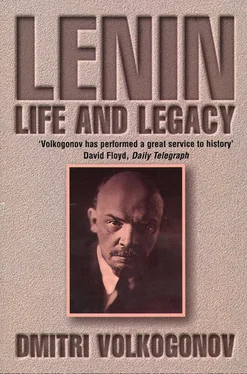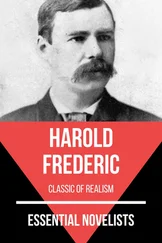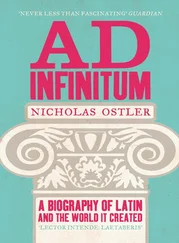When the war began, Parvus, now a rich man, became consumed by the idea of helping Germany by bringing about revolution in Russia, although there was more to his idea than this. In January 1915, Parvus explained his plan to Wangenheim, the German ambassador in Constantinople: ‘The interests of the German government are identical with those of the Russian revolutionaries. The Russian Democrats can only achieve their aim by the total destruction of Tsarism. On the other hand, Germany would not be completely successful if it were not possible to kindle a major revolution in Russia. However, there would still be a danger to Germany from Russia, even after the war, if the Russian empire were divided into a number of separate parts.’ 24 Here lay the essence of the German interest in the revolution, and its coincidence with Lenin’s desire for revolution via the defeat of Russia. While it is clear that the plan existed and that the Germans were interested in it, it is not clear quite how the German government intended to carry it out, or how the Bolsheviks would achieve their part of it without losing face.
Western historians have asserted that Lenin met Parvus in Zurich or Berne in May 1915. David Shub claims that ‘at first Lenin listened attentively to Parvus’s plan, but gave him no definite reply. To maintain contact with him, however, he sent Ganetsky-Fürstenberg to Copenhagen with orders to work in Parvus’s Institute and to keep him systematically informed about Parvus’s activities.’ 25 The official Soviet chronicle of Lenin’s activities in May 1915 states that he ordered from Berne Library a guide-book of resorts and The Influence of High-Mountain Climate and Mountain Excursions on Man , but says nothing about a meeting with Parvus. For his part, however, Parvus described their meeting in detail in a pamphlet entitled, ‘In the Struggle for the Truth’, confirming that it took place in Zurich. Shub asserts, on the basis of Parvus’s own testimony and other documents, that Parvus arrived in Switzerland in the company of Yekaterina Groman and took up residence in the most luxurious hotel. Through Groman, Parvus distributed largesse among needy Russian émigrés. One day in May he unexpectedly entered a restaurant where émigrés ate, and went straight to a table where Lenin, Krupskaya, Inessa Armand and Kasparov, another close friend, were sitting. After brief conversation, Lenin and Krupskaya accompanied Parvus to their apartment, where they talked until evening.
Parvus wrote of this meeting: ‘I told Lenin my views on the social-revolutionary consequences of the war and also drew his attention to the fact that, as long as the war was going on, there would be no revolution in Germany: revolution was possible only in Russia which would blow up as a result of a German victory.’ The meeting was confirmed by the Bolshevik, Arthur Zifeldt, who saw Lenin and Parvus leaving the restaurant together. 26
Parvus made it known that he was setting up a new institute in Copenhagen to study the causes and effects of the war, and he succeeded in recruiting a number of Russian Social Democrats, among them some Mensheviks and some Bolsheviks, including, most notably, Yakov Ganetsky, Lenin’s most trusted agent. 27 Parvus had frequent meetings with another of Lenin’s close associates, Karl Radek, who in 1924 wrote a sketch of him, based on personal recollections. Radek quoted Parvus saying of himself: ‘I’m Midas in reverse: whenever I touch gold it turns into garbage.’ Twenty years after the events, in an article entitled ‘Parvus-Lenin-Ganetsky’, Kerensky wrote: ‘The Provisional Government firmly established that Ganetsky’s “financial affairs” with Parvus were continued in Petrograd by the Bank of Siberia, where in the name of a relative of Ganetsky called Madame Sumenson, and also the not unknown Kozlovsky, very large sums came from Berlin via the New Bank in Stockholm through the mediation of the same Ganetsky.’ Kerensky could rightly claim that the first historical research into Bolshevik-German links was carried out by his government.
Materials in the Special Archive frequently record that in 1916 a special section was created in Berlin under the name ‘Stockholm’, headed by a certain Trautmann, who maintained contact with Parvus and Radek through Ganetsky. The archives also hold the addresses in Copenhagen where Parvus and Ganetsky lived not far from each other. 28
Конец ознакомительного фрагмента.
Текст предоставлен ООО «ЛитРес».
Прочитайте эту книгу целиком, купив полную легальную версию на ЛитРес.
Безопасно оплатить книгу можно банковской картой Visa, MasterCard, Maestro, со счета мобильного телефона, с платежного терминала, в салоне МТС или Связной, через PayPal, WebMoney, Яндекс.Деньги, QIWI Кошелек, бонусными картами или другим удобным Вам способом.












